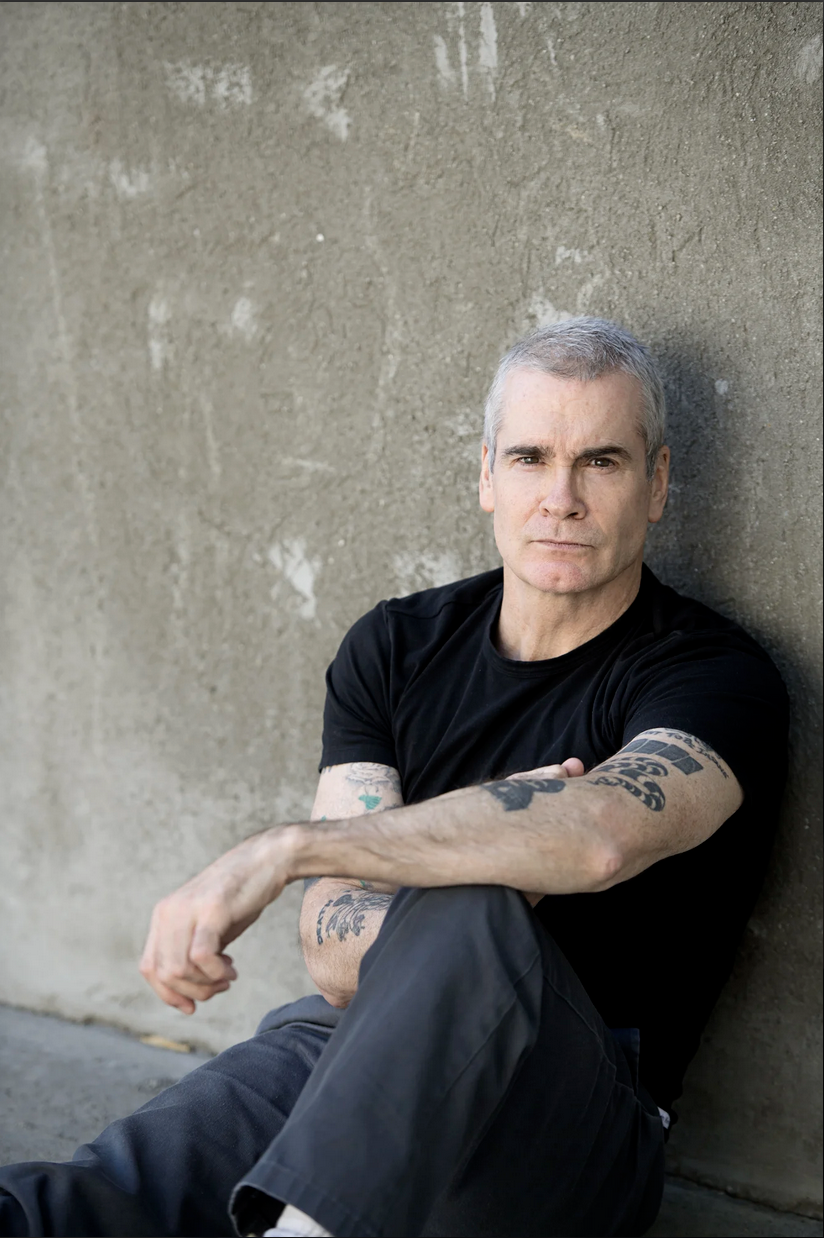Part I of III in a short story series entitled "Through the Wire."
---Smoke wafted toward the ceiling like thin blue tendrils, clogging the fluorescent light with its toxic hue. The work lay out before him on the table in a fashion unbecoming of a productive time. A pen scribbled furiously in one hand, the other propping up his head with a cigarette between his fingers. He gave a little sigh. He took another long drag, exhaling to watch his smoke billow across the glow of the computer monitor. The girl wasn’t on the wire. The girl he once loved. It was love that was slowly deadened inside his heart. There was love across those wires, in the air and over the sea. He remembered it fondly as if it happened yesterday and many years ago. He knew he would love again – through those wires – but it was a matter of time, a matter of will. Then his mind wandered. He found himself walking into that citadel again.
Stepping into his private plasterboard cathedral, she was sitting there on the bed. Glasses perched on the end of her button nose, auburn hair tousled down to her shoulders, sea green eyes glistening in the sickly glow of the television screen. Sweetly smiling, he sidled up to her.
“Juanita, baby,” he whispered into her ear.
The hairs on the back of both their necks raised on their ends. Juanita could feel his hand stroke up her side and towards her neck as he planted his lips just below her ear. Juanita closed her eyes and smiled.
“Mmm, yeah. I was waiting for you to get back.”
“Not a moment too soon, hey.” he laughed.
He could feel her hands clutch at the back of his long, thick hair, fingers furrowing through them as he kissed down her neck and caressed the length of her thigh. A wince of pleasure pressed against his ear as Juanita’s hands slipped downward, struggling to open the buckle of his pants. Inserting his hand into her top, he fiddled with the clasp of her bra until she pushed him away and quickly ripped her shirt off. He did the same. Embracing with a calamitous burst of energy, they writhed together in ecstasy until Juanita’s eyes glossed over with passion. She threw him down on the bed, ripping open his fly, urging those flimsy sheaths away. Like a woman possessed, her tongue gently slithered down his torso, head bobbing towards his crotch, her hand sliding up from his knee and across his thigh until…
He woke up with a start. The work was staring back at him and his memories were slowly receding into the background. He gave a little sigh. Where was she now? The wire had been severed and so had that love. She loved another and it was not him. There would be another wire...
---
Cont.

